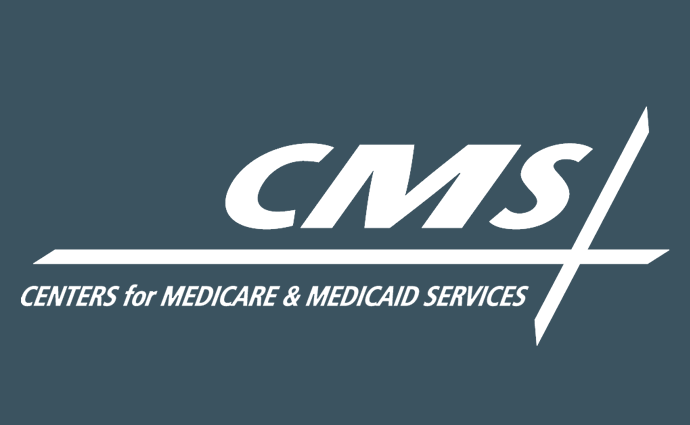CMS Proposes Mandatory APM for End-Stage Renal Disease
Additionally, the federal agency announced four other APM proposals that aim to improve care for patients with chronic kidney disease and end-stage renal disease.

Source: Xtelligent Healthcare Media
- Following President Trump’s Advancing Kidney Health executive order, CMS announced one mandatory and four voluntary alternative payment models (APMs) to address chronic kidney disease and end-stage renal disease (ESRD)
The proposed mandatory model called End-Stage Renal Disease (ESRD) Treatment Choices (ETC) would incentivize end-stage renal disease (ESRD) providers and other clinicians in certain regions to boost their use of at-home dialysis and kidney transplants, while the Kidney Care First (KCF) and Comprehensive Kidney Care Contracting (CKCC) models will test new Medicare reimbursement options to boost kidney care quality.
“The way we currently pay for chronic kidney disease and kidney failure isn’t working well for patients,” CMS Administrator Seema Verma stated in the announcement. “Under President Trump’s leadership, we are focused on strengthening Medicare and protecting the program for the individuals it was intended to serve. These historic initiatives aim to improve the quality of life for kidney disease patients by preventing disease progression, encouraging transplants over dialysis, and if dialysis is needed, more convenient home based dialysis to improve health outcomes.”
Chronic kidney disease costs Medicare patients over $79 billion in 2016, the CDC reports on its website. Additionally, Medicare spending for patients with ESRD or kidney failure was $35 billion that year, accounting for about 7 percent of Medicare paid claims costs.
The disease is expected to take an even greater toll on Medicare and the healthcare system at large. The CDC estimates that 15 percent of US adults will develop chronic kidney disease, and most adults (9 in 2019) who currently have chronic kidney disease do not know they have it, making them susceptible to ESRD or kidney failure.
The Trump Administration is dedicated to reversing chronic kidney disease outcomes. The newly signed executive order launched a kidney health initiative that seeks to prevent kidney failure through better diagnosis, treatment, and preventative care, while also improving affordability of alternative treatment options.
CMS plans to accomplish the administration’s kidney health goals through the five new APMs.
Specifically, the federal agency’s mandatory ESRD ETC model would adjust certain Medicare reimbursements to ESRD facilities and other clinicians managing ESRD Medicare beneficiaries based on their home and transplant rates.
Through the upward and downward adjustments, CMS intends for the six-year APM to give ESRD treatment options that fit with their lifestyles. The model would positively adjust Medicare reimbursement to providers for home dialysis and dialysis-related services.
The mandatory model would also protect ESRD facilities and providers who treat sicker patient populations by risk-adjusting home dialysis and transplant rates, CMS pointed out in the announcement.
The proposed voluntary APMs – KCF and CKKC models – would use a different alternative payment mechanism to encourage greater use of at-home dialysis and kidney transplants. Both models will reimburse nephrologists and other kidney care providers through some type of fixed reimbursement.
The KCF model would reimburse nephrology practices a fixed payment on a per-patient basis for late-stage chronic kidney disease patients and those with ESRD. Practices would also be eligible to earn bonus payments for every attributed patient that receives a kidney transplant.
The CKCC model has a similar capitated payment structure, but would also include “Kidney Contracting Entities,” which are nephrologists, transplant providers, and other health care providers including dialysis facilities that are accountable for total cost and quality of care for patients. In exchange, the entities can share in the Medicare savings.
Like the ETC model, CMS anticipates launching the KCF and CKCC models on January 1, 2020. However, the latter models would run for three years with an option to extend participation for two additional years.
